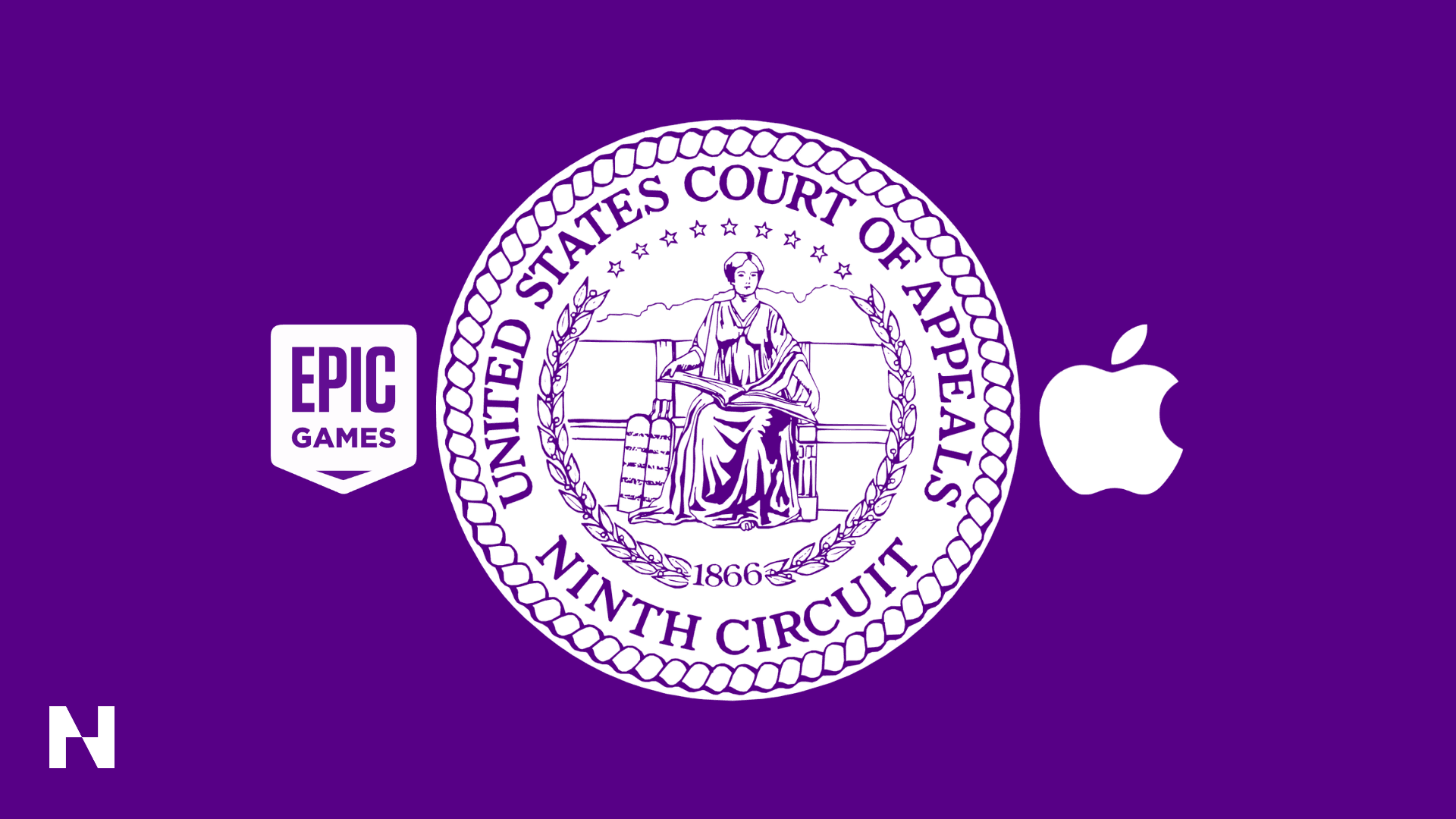-
1 min read

Introduction
Monetizing mobile games has long been a critical aspect of sustaining game development and innovation. In recent years, developers have been exploring new avenues to maximize revenue. This blog post delves into the strategy of leveraging webshops for in-game purchases.
The Challenge of 30% Platform Fees
Mobile app stores, such as the Apple App Store and Google Play Store, have played a pivotal role in making games accessible to a massive audience. However, the platform's commission on in-game purchases can be a significant hurdle for developers aiming to generate substantial revenue. This standard 30% cut can eat into profits and limit a developer's ability to invest in game improvements and innovation.
Leveraging Webshops: A Viable Alternative
Higher Profit Margins: By selling in-game purchases through webshops, developers can retain a larger portion of their earnings. This approach allows for more flexibility in pricing and can lead to improved profit margins.
Direct Player Engagement: Webshops create a direct channel of communication between developers and players. This enables personalized marketing, promotions, and engagement strategies that can enhance the player experience.
Creative Freedom: Developers can showcase and sell various types of in-game purchases, merchandise, and bundles that might not be possible within the confines of app store policies.
Data Ownership and Insights: When transactions occur on webshops, developers retain ownership of valuable player data and insights. This data can be leveraged to refine monetization strategies and tailor experiences to player preferences.
Benefits of Complementing In-Game Purchases With a D2C Webshop
Enhanced Revenue: Webshops have lower fees, which allows developers to channel more funds back into the game, potentially leading to increased content updates, improved gameplay mechanics, and a more engaging experience overall.
Flexibility in Pricing: With full control over pricing, developers can experiment with different models to find the optimal balance between affordability for players and revenue generation.
Innovative Monetization: Developers can explore innovative monetization strategies without fearing a substantial chunk of their earnings will be taken away.
Long-Term Sustainability: By preserving a larger portion of revenue, developers can invest in the long-term sustainability of their games, fostering player loyalty and expanding their user base.
Loyalty and Trust: Players may appreciate the transparency and the effort to provide them with a better deal, fostering a sense of trust and loyalty toward the developer.
Navigating Challenges and Considerations
While exploring alternative monetization methods, developers must be prepared to address certain challenges:
Discoverability: App stores offer built-in discoverability that webshops may lack. Developers need to devise effective strategies to drive traffic to their webshops.
Security and Trust: Developers need to ensure robust security measures to protect player data and transactions, instilling confidence in players to make purchases outside the app store.
Marketing and Promotion: Creating an effective marketing and promotion strategy for webshop-based purchases is crucial for drawing player attention and boosting sales.
Conclusion
In the rapidly evolving landscape of mobile game monetization, exploring alternative methods like selling in-game purchases through webshops offers developers a chance to retain more revenue, nurture player loyalty, and innovate without the constraints of platform policies. While challenges exist, the benefits of webshops are substantial, providing developers with greater financial flexibility and a direct line of communication with their player base. As the gaming industry continues to evolve, the exploration of such alternative avenues could reshape how developers monetize their mobile games.






